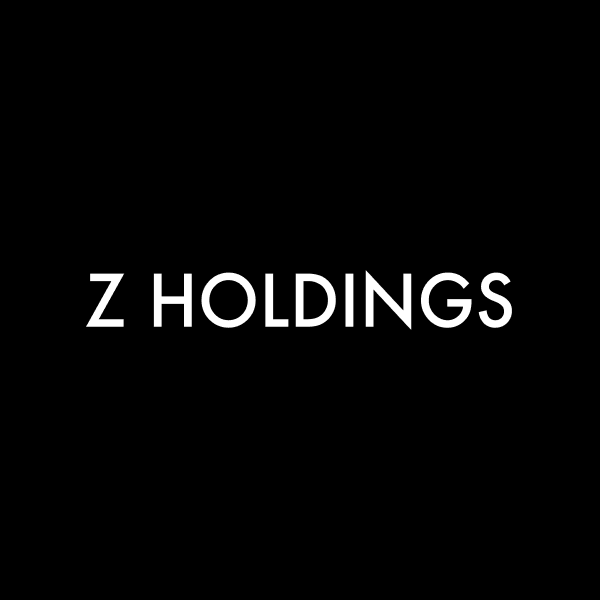
Hemnet Group AB (publ)
STO:HEM


Utilize notes to systematically review your investment decisions. By reflecting on past outcomes, you can discern effective strategies and identify those that underperformed. This continuous feedback loop enables you to adapt and refine your approach, optimizing for future success.
Each note serves as a learning point, offering insights into your decision-making processes. Over time, you'll accumulate a personalized database of knowledge, enhancing your ability to make informed decisions quickly and effectively.
With a comprehensive record of your investment history at your fingertips, you can compare current opportunities against past experiences. This not only bolsters your confidence but also ensures that each decision is grounded in a well-documented rationale.
Do you really want to delete this note?
This action cannot be undone.

| 52 Week Range |
149.3
419.4
|
| Price Target |
|
We'll email you a reminder when the closing price reaches SEK.
Choose the stock you wish to monitor with a price alert.
This alert will be permanently deleted.
Profitability Summary
Hemnet Group AB (publ)'s profitability score is 74/100. We take all the information about a company's profitability (such as its margins, capital efficiency, free cash flow generating ability, and more) and consolidate it into one single number - the profitability score. The higher the profitability score, the more profitable the company is.

Score
We take all the information about a company's profitability (such as its margins, capital efficiency, free cash flow generating ability, and more) and consolidate it into one single number - the profitability score. The higher the profitability score, the more profitable the company is.
We take all the information about a company's profitability (such as its margins, capital efficiency, free cash flow generating ability, and more) and consolidate it into one single number - the profitability score. The higher the profitability score, the more profitable the company is.

Score

Score
Margins
Earnings Waterfall
Hemnet Group AB (publ)

Margins Comparison
Hemnet Group AB (publ) Competitors

| Country | Company | Market Cap |
Gross Margin |
Operating Margin |
Net Margin |
||
|---|---|---|---|---|---|---|---|
| SE |

|
Hemnet Group AB (publ)
STO:HEM
|
14.1B SEK |
Loading...
|
Loading...
|
Loading...
|
|
| US |

|
Alphabet Inc
NASDAQ:GOOGL
|
3.9T USD |
Loading...
|
Loading...
|
Loading...
|
|
| US |

|
Meta Platforms Inc
NASDAQ:META
|
1.5T USD |
Loading...
|
Loading...
|
Loading...
|
|
| CN |

|
Tencent Holdings Ltd
HKEX:700
|
5.5T HKD |
Loading...
|
Loading...
|
Loading...
|
|
| CN |

|
Baidu Inc
NASDAQ:BIDU
|
53.2B USD |
Loading...
|
Loading...
|
Loading...
|
|
| CN |

|
Kuaishou Technology
HKEX:1024
|
328.7B HKD |
Loading...
|
Loading...
|
Loading...
|
|
| JP |
L
|
LY Corp
XMUN:YOJ
|
31.3B EUR |
Loading...
|
Loading...
|
Loading...
|
|
| NL |

|
Nebius Group NV
NASDAQ:NBIS
|
25.4B USD |
Loading...
|
Loading...
|
Loading...
|
|
| KR |

|
Naver Corp
KRX:035420
|
36.5T KRW |
Loading...
|
Loading...
|
Loading...
|
|
| JP |

|
Z Holdings Corp
TSE:4689
|
2.8T JPY |
Loading...
|
Loading...
|
Loading...
|
|
| US |

|
Pinterest Inc
NYSE:PINS
|
17.2B USD |
Loading...
|
Loading...
|
Loading...
|
Return on Capital
Return on Capital Comparison
Hemnet Group AB (publ) Competitors

| Country | Company | Market Cap | ROE | ROA | ROCE | ROIC | ||
|---|---|---|---|---|---|---|---|---|
| SE |

|
Hemnet Group AB (publ)
STO:HEM
|
14.1B SEK |
Loading...
|
Loading...
|
Loading...
|
Loading...
|
|
| US |

|
Alphabet Inc
NASDAQ:GOOGL
|
3.9T USD |
Loading...
|
Loading...
|
Loading...
|
Loading...
|
|
| US |

|
Meta Platforms Inc
NASDAQ:META
|
1.5T USD |
Loading...
|
Loading...
|
Loading...
|
Loading...
|
|
| CN |

|
Tencent Holdings Ltd
HKEX:700
|
5.5T HKD |
Loading...
|
Loading...
|
Loading...
|
Loading...
|
|
| CN |

|
Baidu Inc
NASDAQ:BIDU
|
53.2B USD |
Loading...
|
Loading...
|
Loading...
|
Loading...
|
|
| CN |

|
Kuaishou Technology
HKEX:1024
|
328.7B HKD |
Loading...
|
Loading...
|
Loading...
|
Loading...
|
|
| JP |
L
|
LY Corp
XMUN:YOJ
|
31.3B EUR |
Loading...
|
Loading...
|
Loading...
|
Loading...
|
|
| NL |

|
Nebius Group NV
NASDAQ:NBIS
|
25.4B USD |
Loading...
|
Loading...
|
Loading...
|
Loading...
|
|
| KR |

|
Naver Corp
KRX:035420
|
36.5T KRW |
Loading...
|
Loading...
|
Loading...
|
Loading...
|
|
| JP |

|
Z Holdings Corp
TSE:4689
|
2.8T JPY |
Loading...
|
Loading...
|
Loading...
|
Loading...
|
|
| US |

|
Pinterest Inc
NYSE:PINS
|
17.2B USD |
Loading...
|
Loading...
|
Loading...
|
Loading...
|



